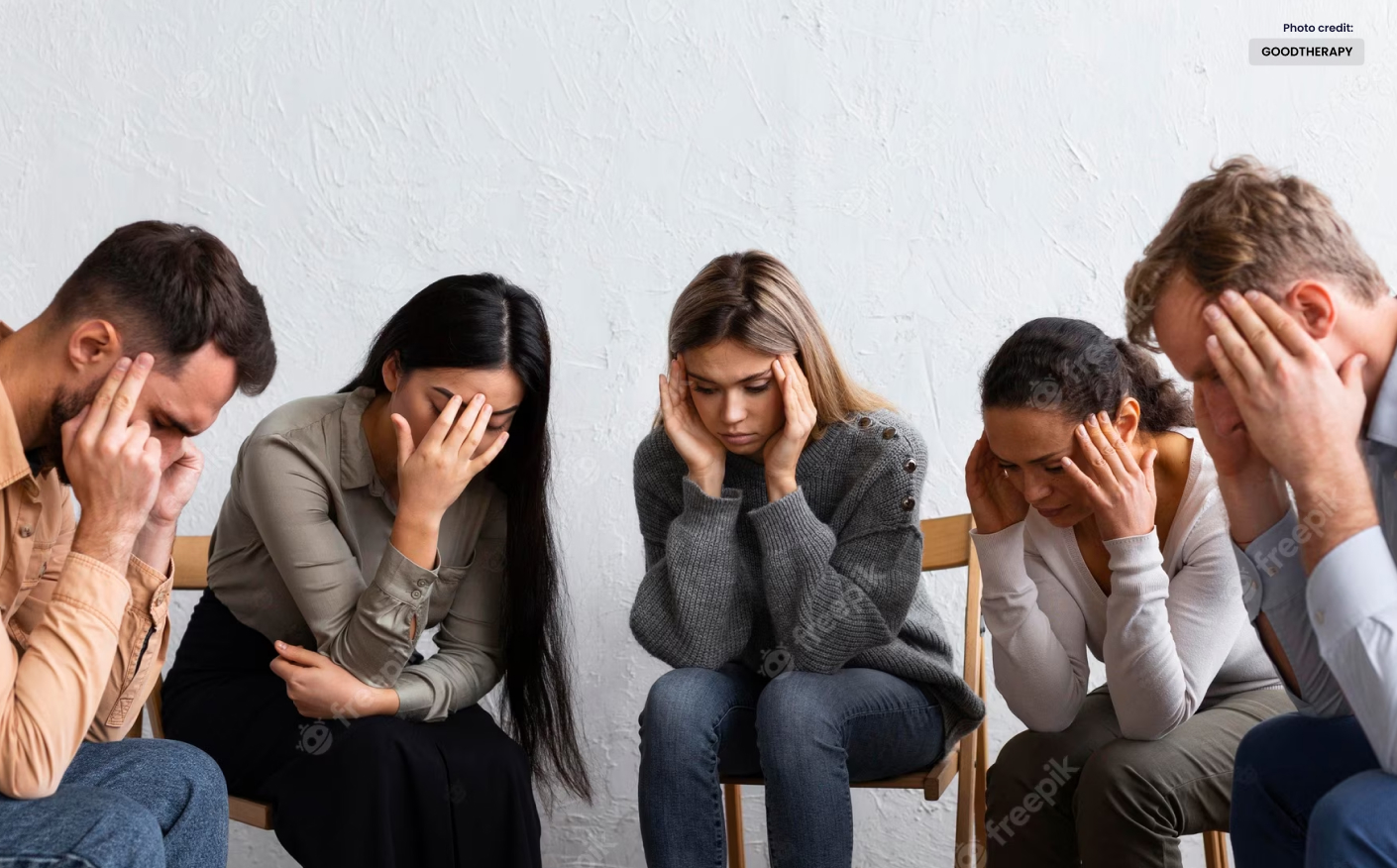Stigma hamper mental illness recovery limiting people ability to heal.
What is STIGMA?
Stigma is when someone has a negative opinion about you because you possess a distinctive or undesirable personal quality. Stigma refers to unfavorable perceptions or recovery of someone because of a distinctive attribute, such as a mental disorder, physical illness, or deformity.

Other qualities including gender, sexual orientation, colour, religion, and culture can also be linked to social stigmas.
Regretfully, there is still a significant amount of stigma or prejudice linked to mental health
Stigma does not only apply to mental illnesses, but it is more widespread in relation to psychiatric disorders than in relation to other medical ailments.
Stigma is one of the main risk factors for poor consequences in mental health
Furthermore, it lessens the chance that a person with a mental illness would receive proper and sufficient care, also stigma leads to delays in treatments.
Fear and a lack of knowledge are the root causes of stigma. Despite increasing knowledge about the molecular and genetic makeup of various illnesses, it has endured.
The stigma of mental illness may be increased by how it is portrayed in popular culture.
Indications of Stigma:
– Foregoing are some instances of stigma persistence:
- Media representations where the antagonist is frequently a person with a mental illness.
- Negative perceptions of those who suffer from mental illness.
- Treating mental illnesses as though a person might “try harder” or “snap out of it” and get over them
- To criticize other individuals or their behaviour using the words “she’s crazy” or “he’s nuts”

- Halloween costumes that portray someone suffering from mental illness as scary and violent
The stigma around mental illness remains despite improvements in psychiatry and psychology, as anyone who has dealt with it personally or professionally can attest to.
Even if more people are aware of mental illnesses in general, stigma still exists
Types of stigma:
There are two types of stigma related to mental illness:
- Social stigma: It refers to the stigmatizing perceptions of mental illness held by others.
- Self-perceived stigma: It is an internalized stigma experienced by the person with the mental illness.
The Causes of Stigma:
Numerous variables have been implicated in the stigma surrounding mental health. Several factors that might be involved are as follows:
Stereotypes:

Stigma frequently plays a significant part in widespread and discriminatory beliefs about those with mental conditions.
For instance, stereotypes of violent or unpredictable behaviour in people with mental illness are common.
Although this myth is widespread, the truth is that those who suffer from mental illness are considerably more likely to be the victims of violence than to commit it.
Lack of Awareness:

Simple terms, a lot of individuals are ignorant of the signs, causes, frequency, and treatments of mental illness.
Poor perceptions of various mental diseases and those who suffer from them are a result of this lack of awareness.
Media representations:
Stigma is also perpetuated in part by how mental illness is portrayed in the media.
Media stories frequently attempt to link criminal conduct and violence to mental health issues, and mental health diseases are frequently portrayed negatively.
Influence of stigma:
Stigma can have negative and severe effects.
The lack of knowledge of others that comes with stigma can be hurtful and invalidating, but it also has more significant repercussions, such as fostering hatred, fear, and intolerance toward other people.
– When someone is stigmatize, they are more susceptible to:
- Unwillingness to seek therapy
- Treatment delays lead to higher rates of mortality and morbidity.
- Social exclusion, denial, and isolation

- Poor psychological health
- Lack of understanding among family and friends
- Disability, a low quality of life, and greater socio – economic stress
- Bullying, assault, or harassment

- Associated with higher levels of guilt and self-doubt
Moreover, stigmatization can make a person doubt their own worth and capacity to succeed in life.
Additionally, it may result in feelings of guilt and even loneliness. It might make it more difficult for people to find employment and decent housing.
Guidelines For Recovery Of Stigma:
There are steps you may take to cope with stigmatizing beliefs regarding mental health issues, however doing so is not simple.
You may take a few steps to help fight the stigma associated with mental illness, both in society and in your own mind.
- Keep in mind that a large number of people suffer from mental illness.

- Don’t feel alone if you suffer from a mental ailment.
- Don’t let stigma lead to shame and self-doubt.
- Find resources for mental wellbeing.
- Avoid being by oneself.
- Action against stigma.
- Get assistance or treatment.

- Do not associate your illness with yourself.
- Seek assistance at your school.
- Join a group of supporters.

Though stigma certainly exists, it can eventually be abolish with more awareness and understanding of mental illness.




